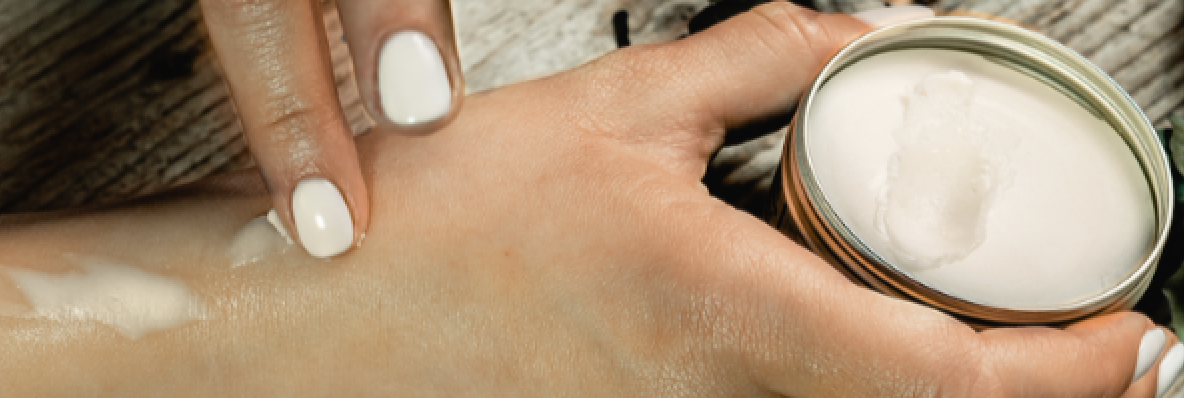Sunscreen and our microbiome
- Posted on
- By Karole

Sunscreen is a vital component of our daily skincare routine, protecting us from harmful UV rays and preventing premature aging and skin damage. However, recent research has raised concerns about the impact of sunscreen on our microbiome - the community of microorganisms that live on our skin and play a crucial role in maintaining skin health.
What is the microbiome?
The microbiome is a complex ecosystem that includes bacteria, fungi, and other microorganisms that live on our skin's surface. These microorganisms play a crucial role in maintaining the skin's natural barrier function, protecting it from harmful external factors and supporting the skin's immune system.
The effect of sunscreen on our microbiome
Studies have shown that sunscreen, particularly those containing chemical filters, can have a negative impact on the skin's microbiome. Chemical filters work by absorbing UV radiation, converting it into heat, and dissipating it from the skin. However, in the process, they can also affect the microbiome by altering the microbial composition and reducing microbial diversity.
One study found that the use of chemical sunscreen led to a decrease in the number of beneficial bacteria on the skin's surface, such as Staphylococcus epidermidis, which is known to produce antimicrobial peptides that protect the skin from harmful bacteria. Another study found that the use of sunscreen reduced the diversity of the skin's microbial community, leading to an increase in harmful bacteria and a decrease in beneficial ones.
While these findings are concerning, it's essential to note that not all sunscreens have the same impact on the microbiome. Physical sunscreens, which contain mineral filters such as zinc oxide or titanium dioxide, work by reflecting UV radiation off the skin's surface, rather than absorbing it. As a result, they have a minimal impact on the skin's microbiome and are generally considered to be more skin-friendly.
In addition, some sunscreens contain prebiotics or probiotics that help to support the skin's microbiome. Prebiotics are non-digestible fibers that promote the growth of beneficial bacteria, while probiotics contain live microorganisms that can restore the skin's natural microbial balance.
Protection of our microbiome
So, what can we do to protect our skin from the sun without harming our microbiome? First, choose a sunscreen that contains physical filters or is labeled as "microbiome-friendly." Look for products that contain prebiotics or probiotics, which can help to support the skin's microbiome. Second, avoid using sunscreen excessively and make sure to remove it thoroughly at the end of the day. Finally, maintain a healthy lifestyle by eating a balanced diet, getting enough sleep, and reducing stress, as these factors can also affect the skin's microbiome.
In conclusion, sunscreen is an essential part of our skincare routine, but it's essential to choose the right product to protect our skin without harming our microbiome. By selecting a sunscreen that contains physical filters or prebiotics/probiotics and taking steps to maintain a healthy lifestyle, we can enjoy the benefits of sun protection while supporting our skin's natural microbial balance.

